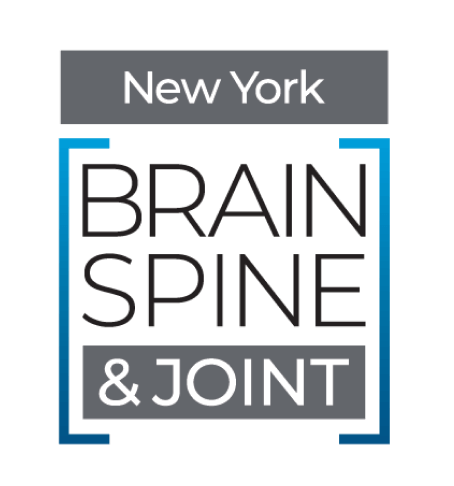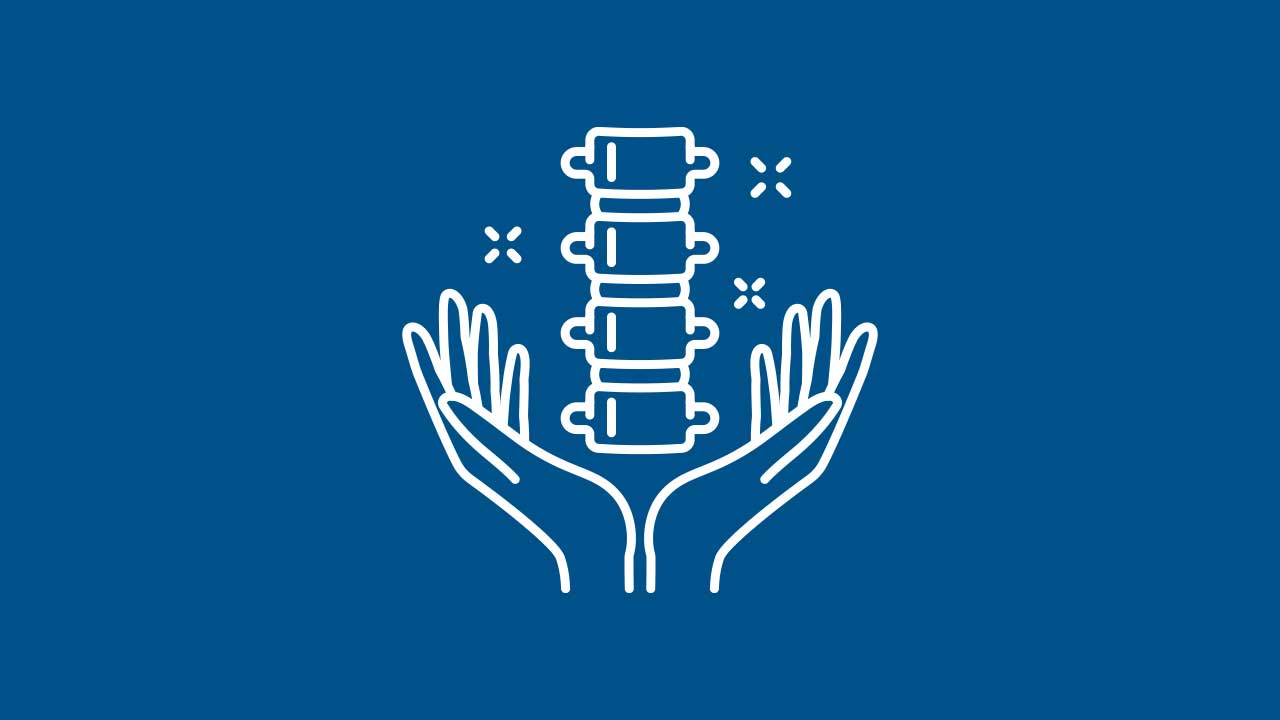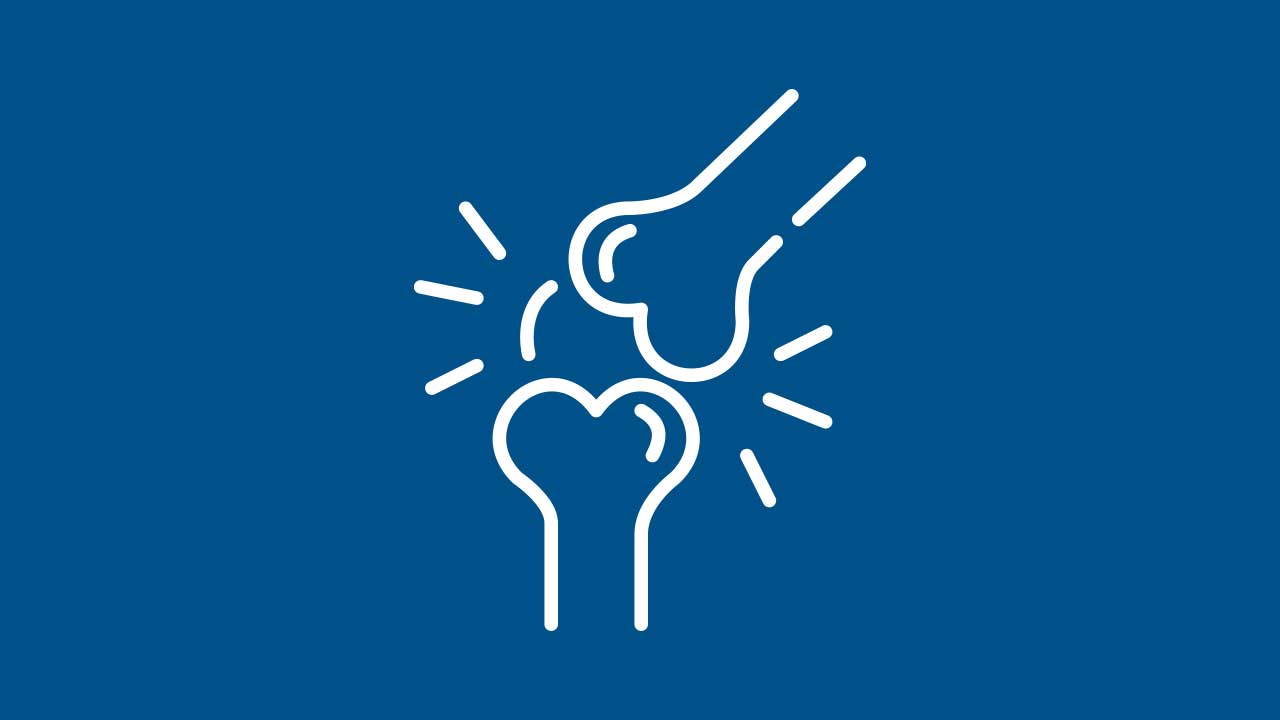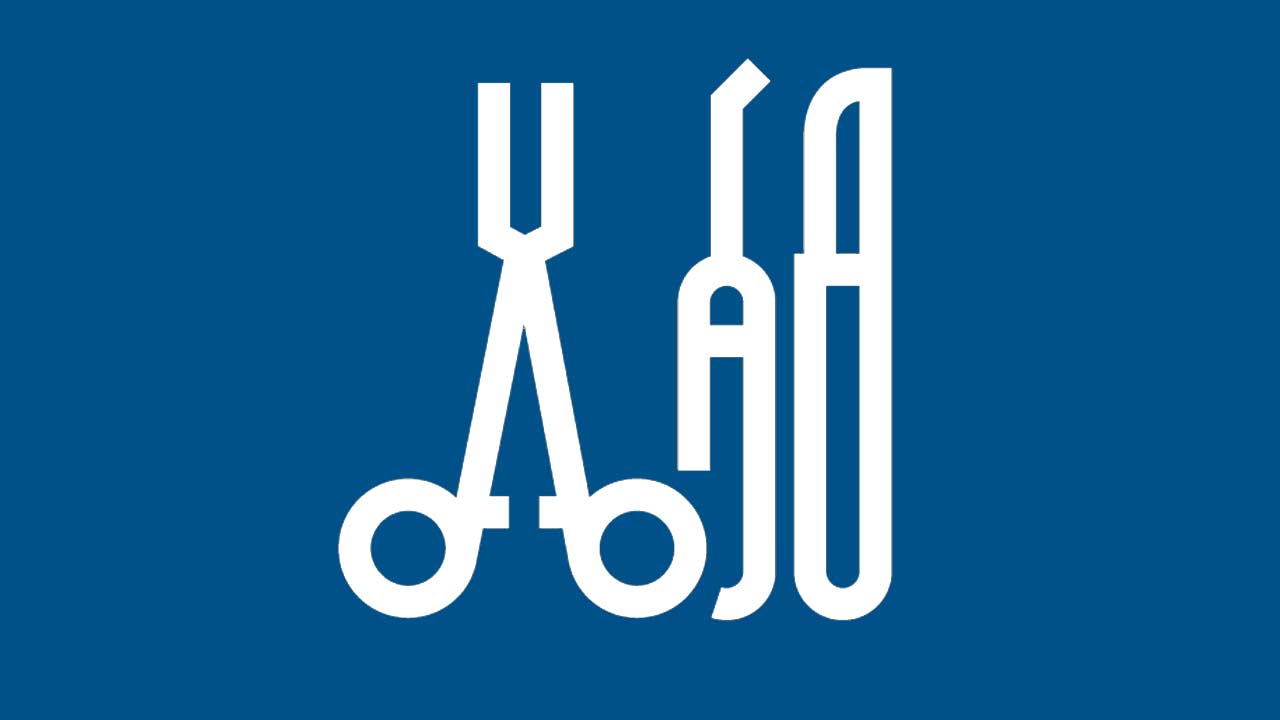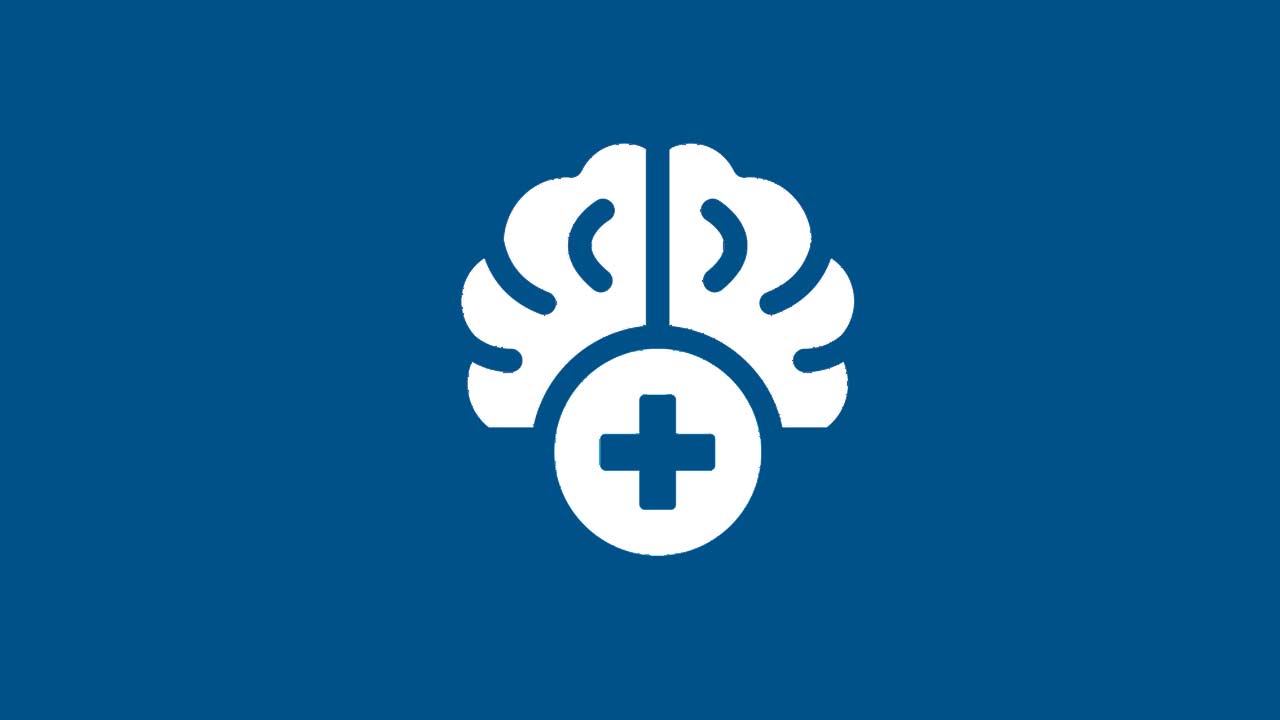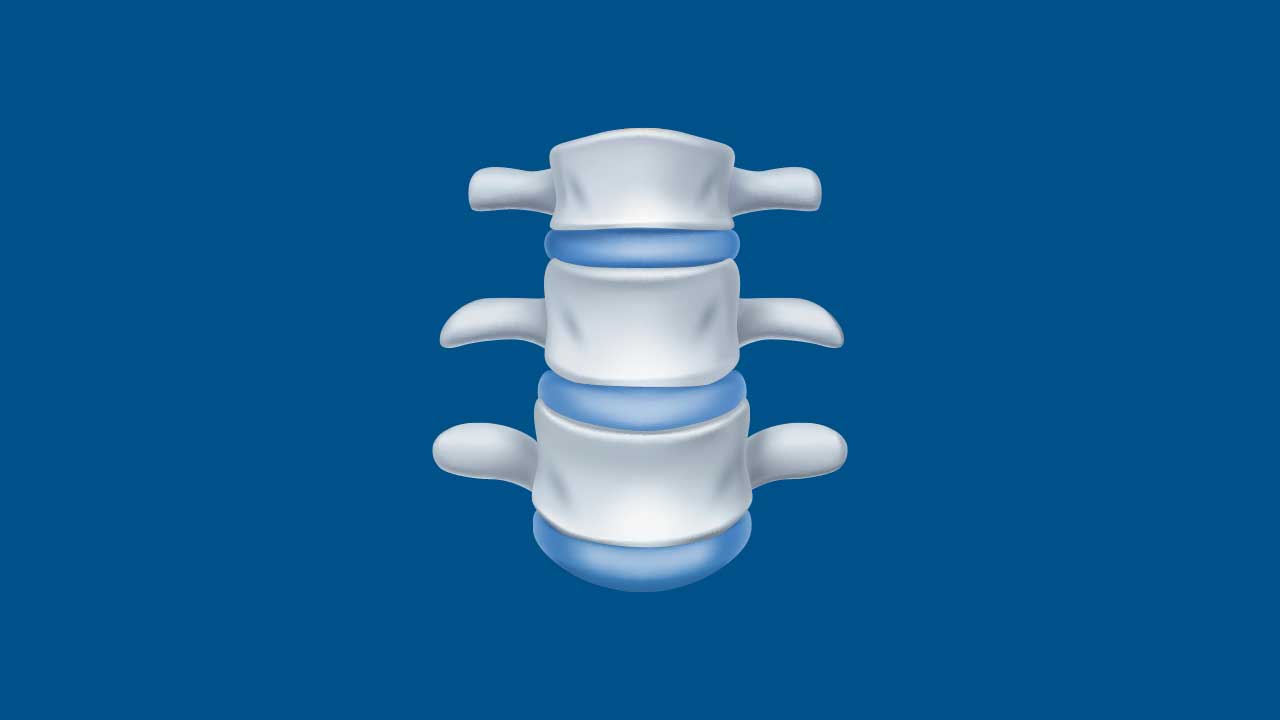Injuries
Injuries (Auto, Sports, Work): Understanding, Diagnosing, and Comprehensive Treatment
Injuries sustained through automobile accidents, sports activities, and work-related incidents can significantly affect your overall health, mobility, and quality of life. Such injuries often involve trauma to the spine, brain, or joints, requiring specialized medical care to effectively manage pain, facilitate recovery, and restore function. Our multi-disciplinary practice in the NYC metro area offers advanced diagnostics, personalized treatments, and rehabilitation programs tailored specifically to each patient's needs.
Types of Injuries We Treat
Auto Accident Injuries
Automobile accidents frequently result in sudden, high-impact trauma, leading to:
- Whiplash: Sudden neck movement causing muscle strain or ligament sprains.
- Herniated Discs: Rupture or displacement of intervertebral discs, often causing nerve compression and radiating pain.
- Spinal Fractures: Bone fractures or vertebral compression, potentially leading to spinal instability or nerve damage.
- Traumatic Brain Injury (TBI): Head trauma resulting in concussions or more severe brain injuries.
Sports Injuries
Active lifestyles and athletic pursuits can sometimes result in injuries such as:
- Ligament Injuries: ACL or MCL tears affecting the knee stability.
- Rotator Cuff Injuries: Common shoulder injuries involving tendons and muscles.
- Concussions: Mild traumatic brain injuries common in contact sports.
- Stress Fractures: Overuse injuries typically seen in runners or athletes involved in high-impact activities.
Work-Related Injuries
Occupational injuries range from acute incidents to chronic conditions due to repetitive stress, including:
- Lower Back Strain: Often resulting from improper lifting techniques or prolonged physical labor.
- Carpal Tunnel Syndrome: Nerve compression resulting from repetitive hand or wrist motions.
- Repetitive Stress Injuries: Conditions like tendonitis or bursitis due to ongoing physical stress.
- Traumatic Spinal Injuries: Severe injuries from falls, heavy machinery incidents, or other workplace accidents.
Common Symptoms of Traumatic Injuries
Symptoms will vary widely based on the type and severity of the injury but typically include:
- Pain and tenderness at the injury site.
- Swelling, bruising, or redness.
- Reduced range of motion and mobility issues.
- Headaches, dizziness, or cognitive impairment (common with head trauma).
- Numbness or tingling, particularly in cases involving nerve compression.
- Weakness and instability, especially after joint or ligament injuries.
Prompt evaluation is essential, especially if you experience severe pain, difficulty moving, loss of consciousness, or neurological symptoms.
Diagnosing Injuries
Medical History and Physical Examination
Our specialists will first conduct a comprehensive evaluation, including:
- Detailed medical history, discussing injury circumstances, previous health issues, and current symptoms.
- A thorough physical exam assessing mobility, strength, stability, and neurological function.
Advanced Imaging Techniques
We utilize state-of-the-art imaging for precise diagnosis:
- X-rays: Evaluate bone fractures or joint alignment.
- MRI: Detailed views of soft tissue injuries, including discs, ligaments, and tendons.
- CT scans: Helpful in assessing complex fractures or traumatic brain injuries.
Functional Assessments
Additional testing, including EMG or nerve conduction studies, may be recommended to evaluate nerve function or muscular responses.
Treatment Options for Injuries
Non-Surgical Management
Initial approaches to treating many injuries include:
- Pain Management: NSAIDs, analgesics, or targeted injections.
- Physical Therapy: Customized programs to restore strength, flexibility, and functional movement.
- Chiropractic Care: Effective in managing spinal alignment and relieving muscular tension.
- Bracing and Support Devices: Aid in stabilizing injured areas during the healing process.
Surgical Treatment
In cases where conservative treatments are insufficient, surgical options may be necessary:
- Minimally Invasive Surgery: Modern techniques for faster recovery, reduced pain, and minimal scarring.
- Joint Repair or Reconstruction: Procedures like arthroscopic repair for ligament tears or meniscus injuries.
- Spinal Surgery: Addressing fractures, herniated discs, or nerve compression through decompression or stabilization.
Rehabilitation and Recovery
A carefully structured rehabilitation program is essential for a full recovery:
- Physical Therapy: Exercises tailored to restore function, build strength, and prevent re-injury.
- Occupational Therapy: Assistance with returning to daily activities and improving functional independence.
- Pain Management and Counseling: Multidisciplinary support to address chronic pain and emotional well-being following significant injuries.
Preventing Injuries and Recurrence
Reducing injury risk and avoiding recurrence involves:
- Safe Practices: Proper use of protective equipment and adherence to workplace safety protocols.
- Strength and Conditioning: Regular exercise programs emphasizing balanced strength, flexibility, and endurance.
- Ergonomics: Workplace assessments and modifications to prevent repetitive strain and improve posture.
Our Multi-Disciplinary Approach in NYC
Our expert team in the New York City metro area is dedicated to providing comprehensive care for auto, sports, and work-related injuries. We emphasize collaboration between orthopedic surgeons, neurosurgeons, chiropractors, physiotherapists, and pain management specialists. Our goal is not just recovery but also achieving optimal function and long-term health for our patients.
Frequently Asked Questions (FAQs)
When should I seek treatment after an injury?
Seek immediate medical care for severe symptoms, loss of function, or neurological issues. Even mild injuries should be evaluated if symptoms persist.
Can I fully recover from a traumatic injury?
Many individuals achieve full recovery with timely diagnosis and a comprehensive treatment plan, including rehabilitation.
How long does recovery typically take?
Recovery varies depending on injury severity and individual health factors, typically ranging from weeks to months.
Additional Resources
- Centers for Disease Control and Prevention (CDC) - Injury Prevention
- National Institute of Arthritis and Musculoskeletal and Skin Diseases - Sports Injuries
Disclaimer: This article is for informational purposes only and does not substitute professional medical advice, diagnosis, or treatment. Always consult your healthcare provider regarding any medical conditions or treatments.
